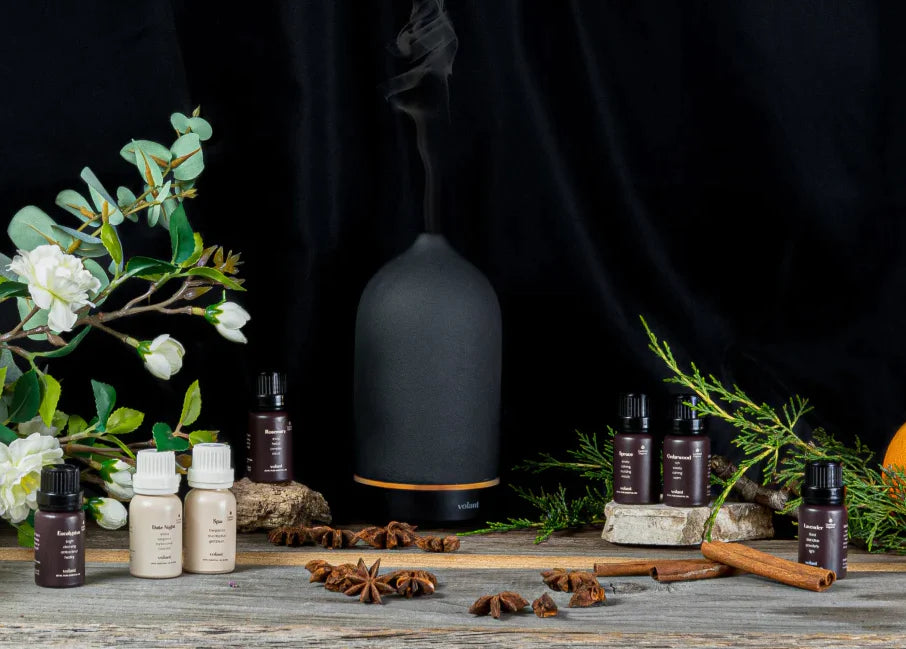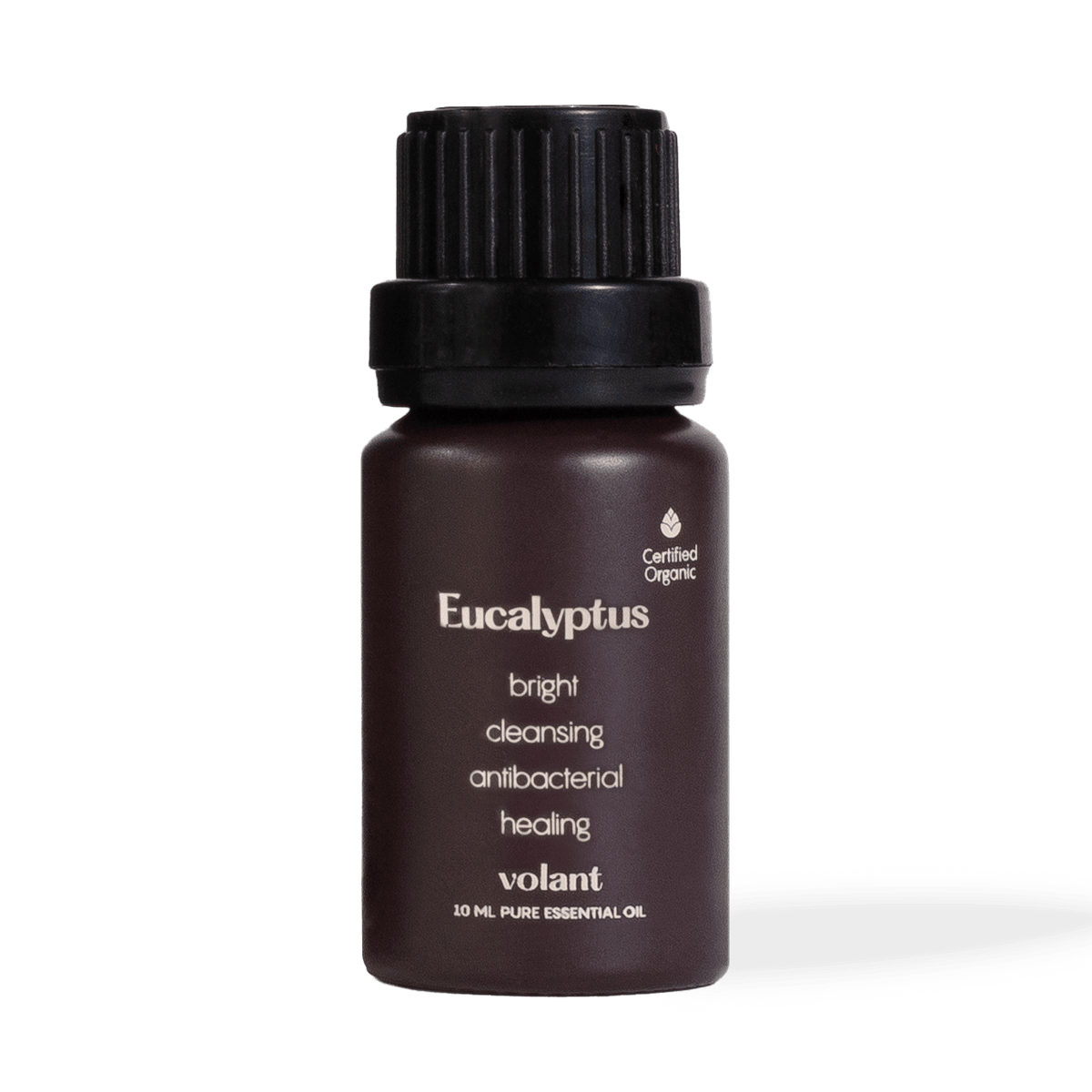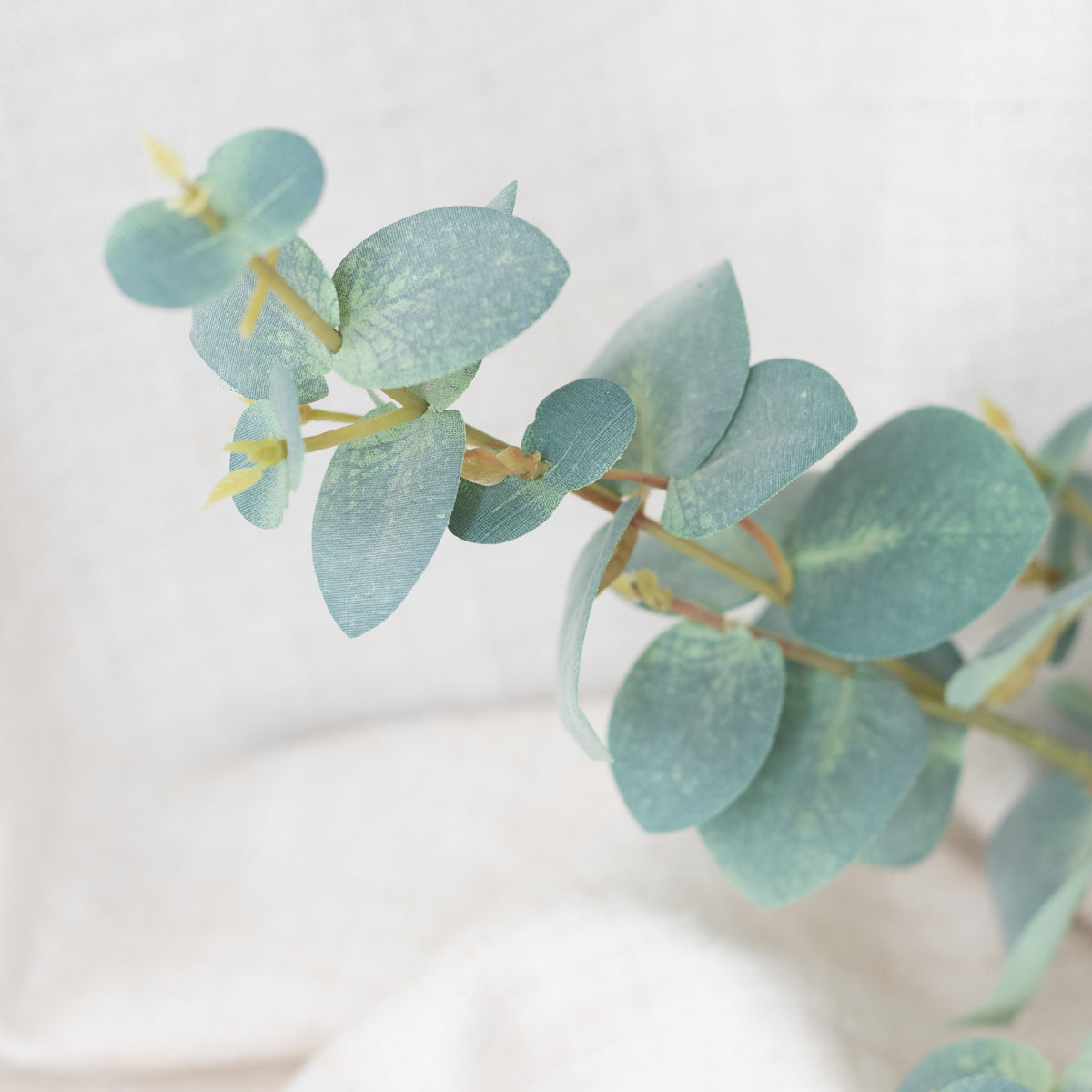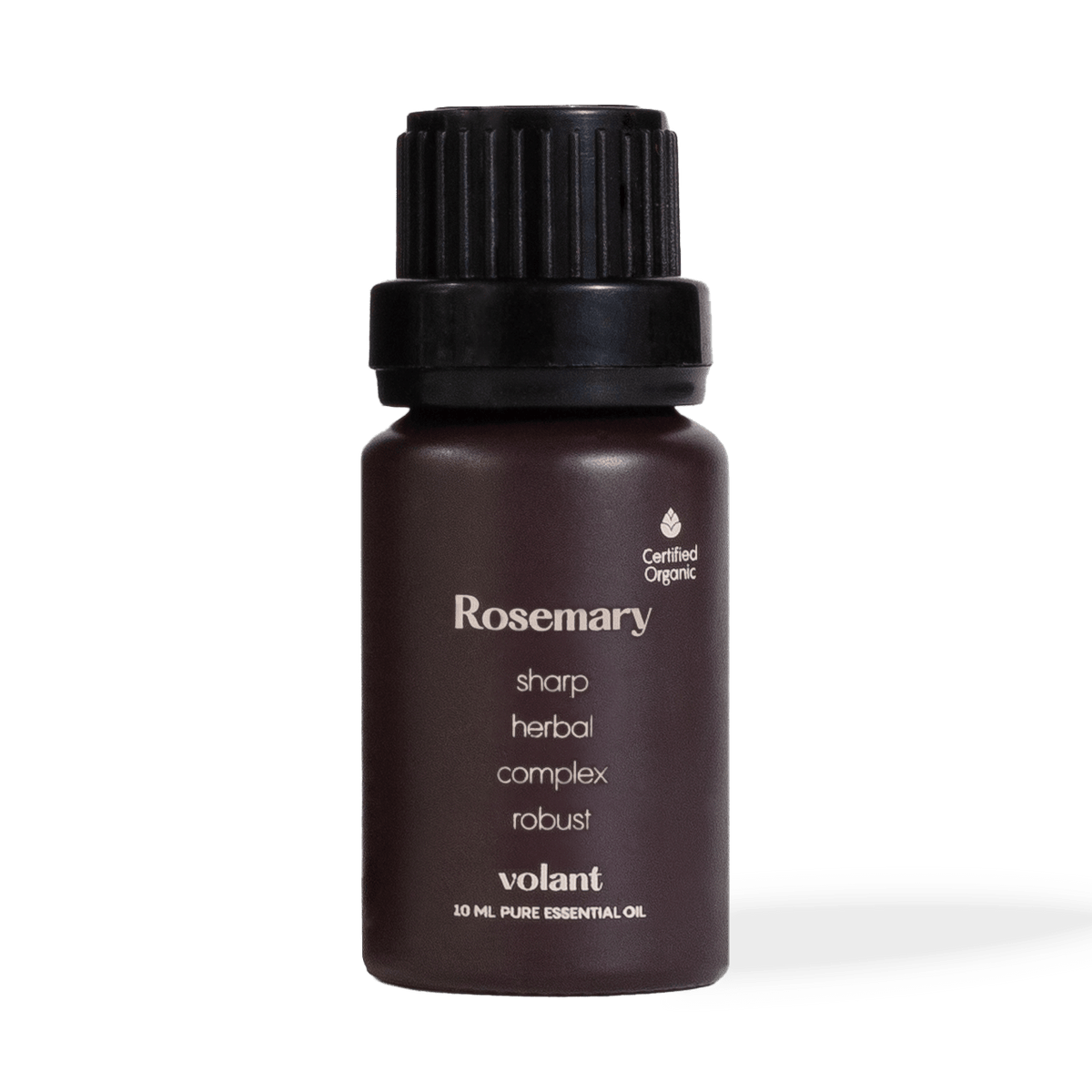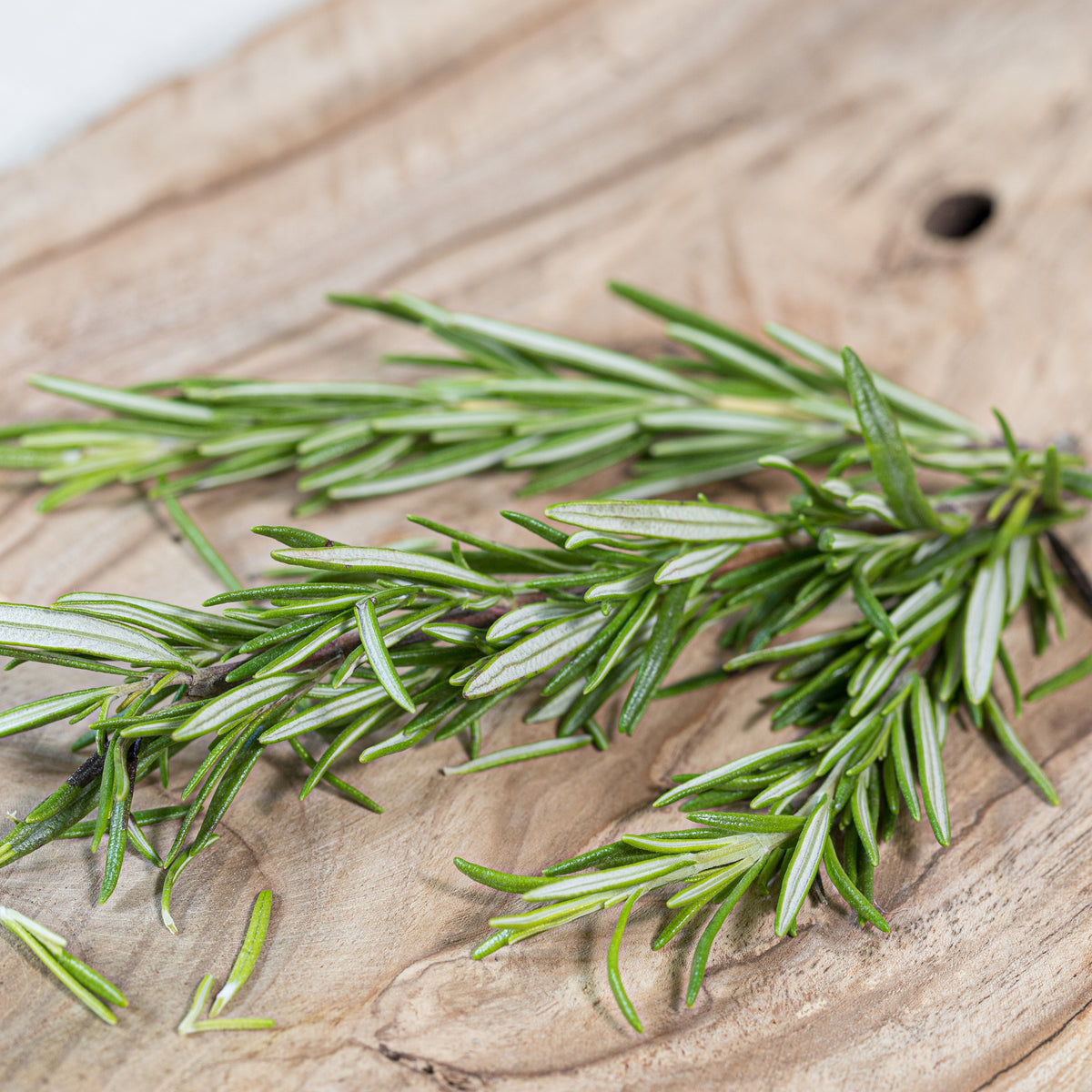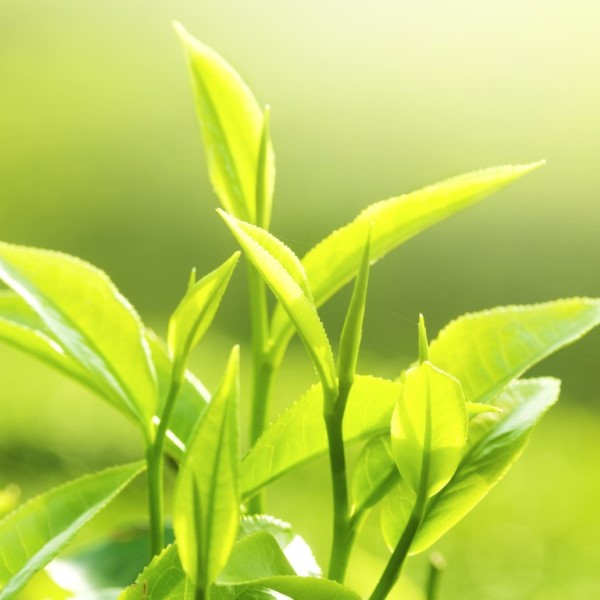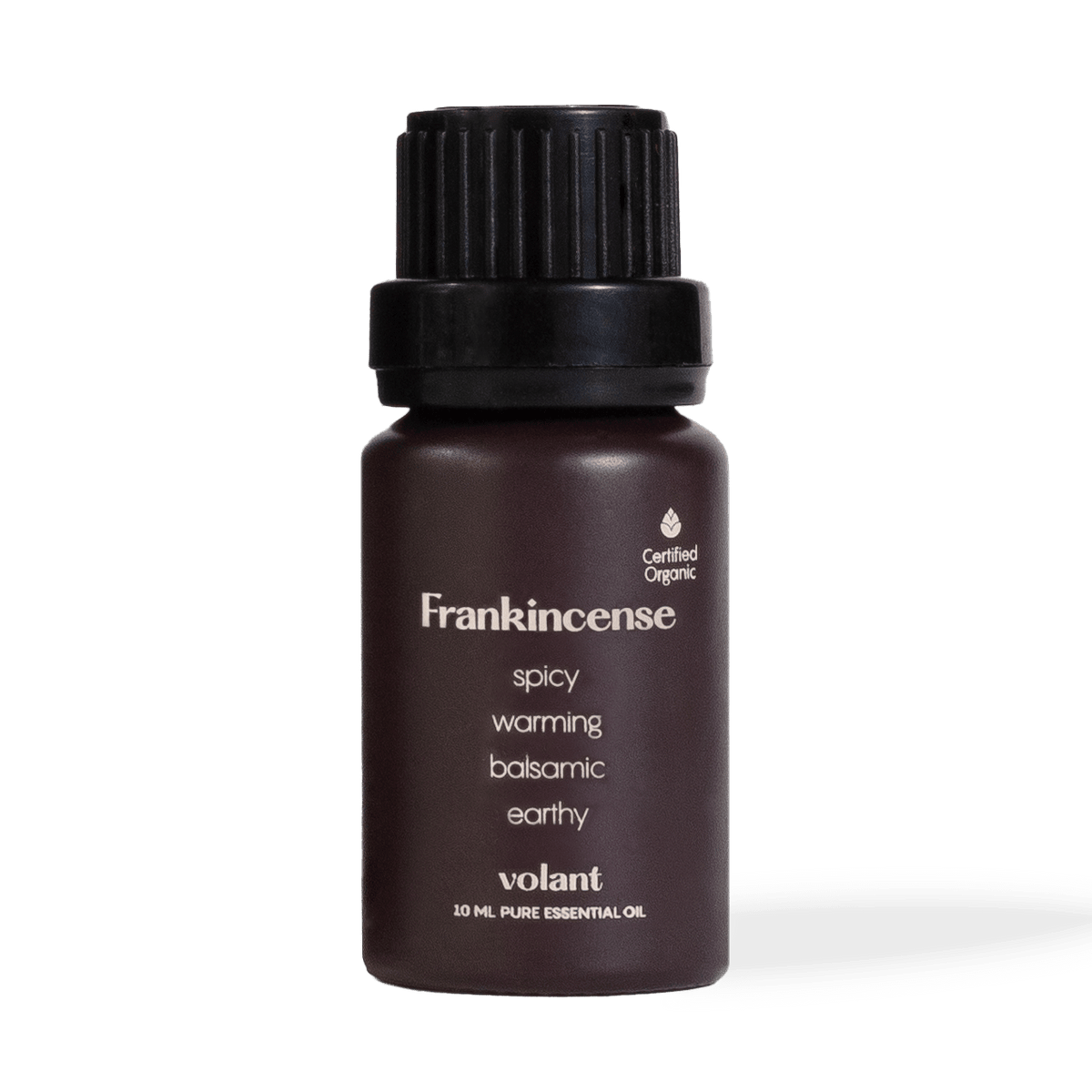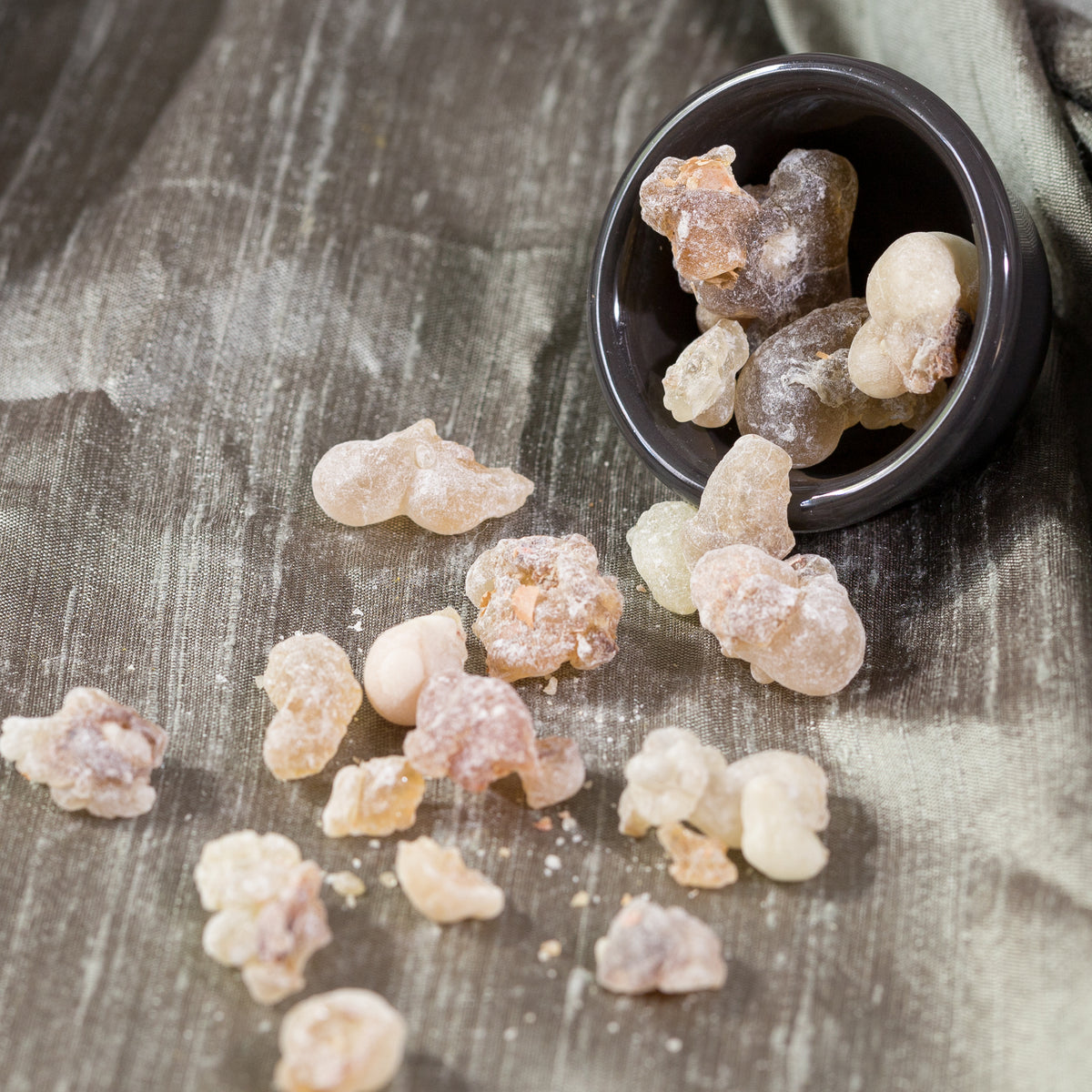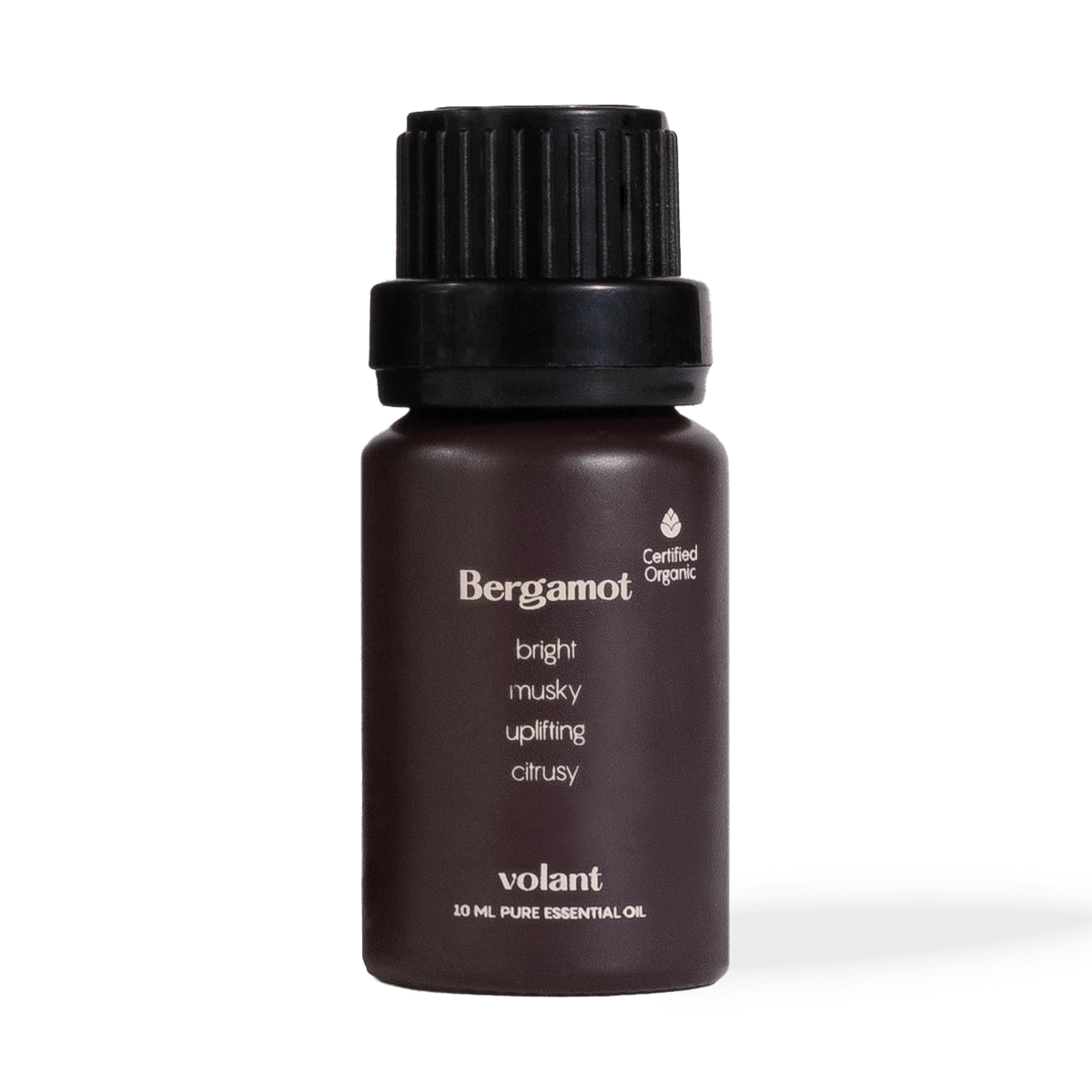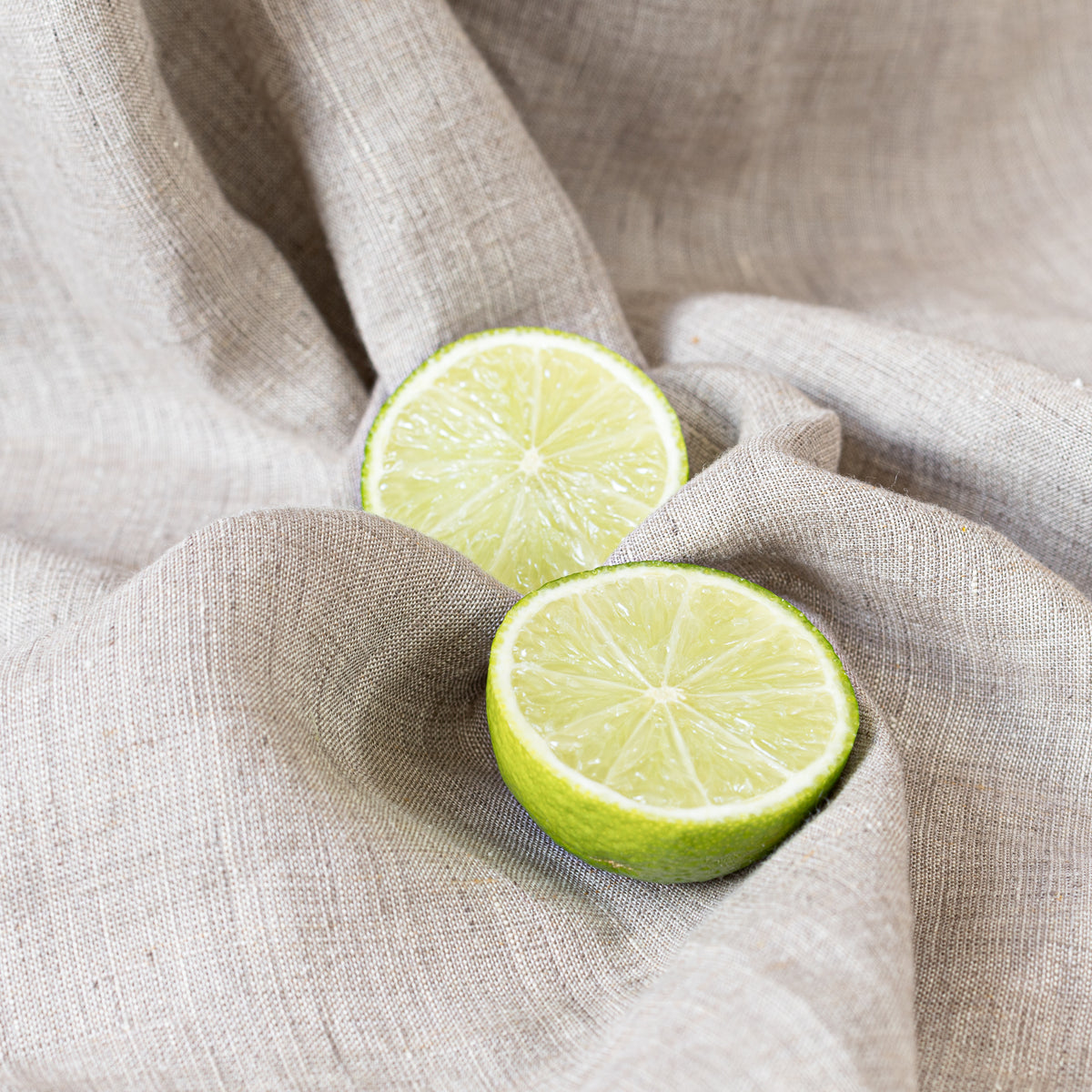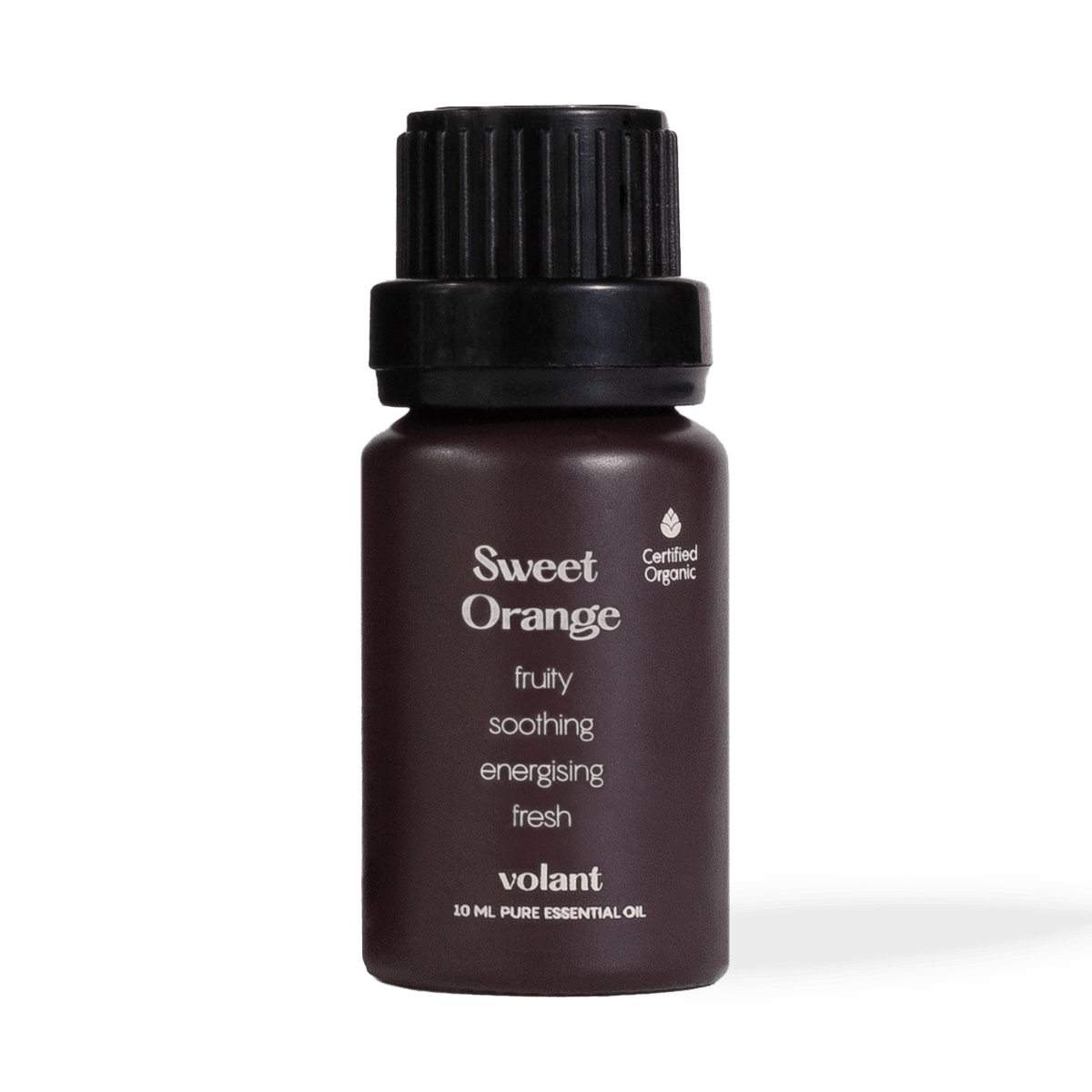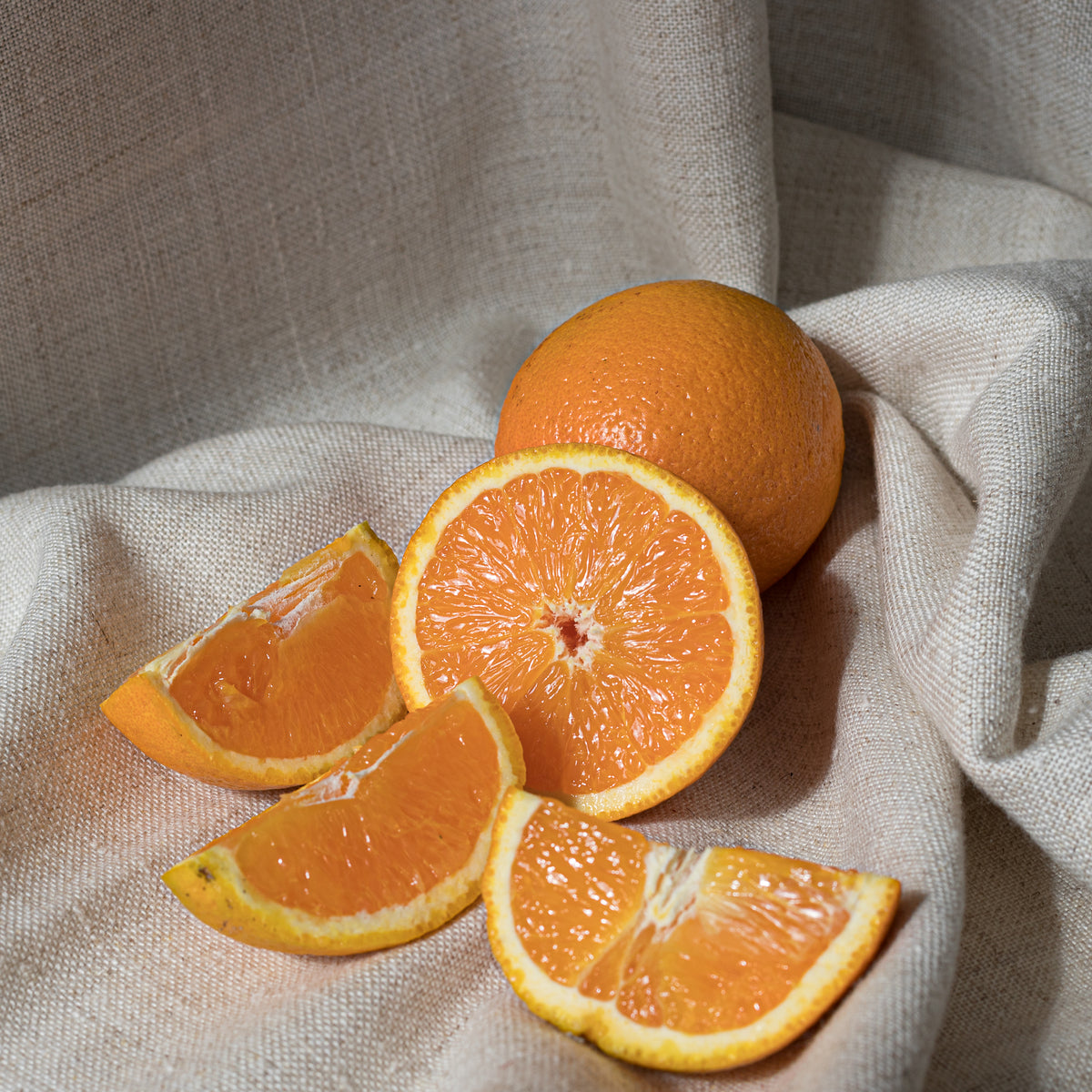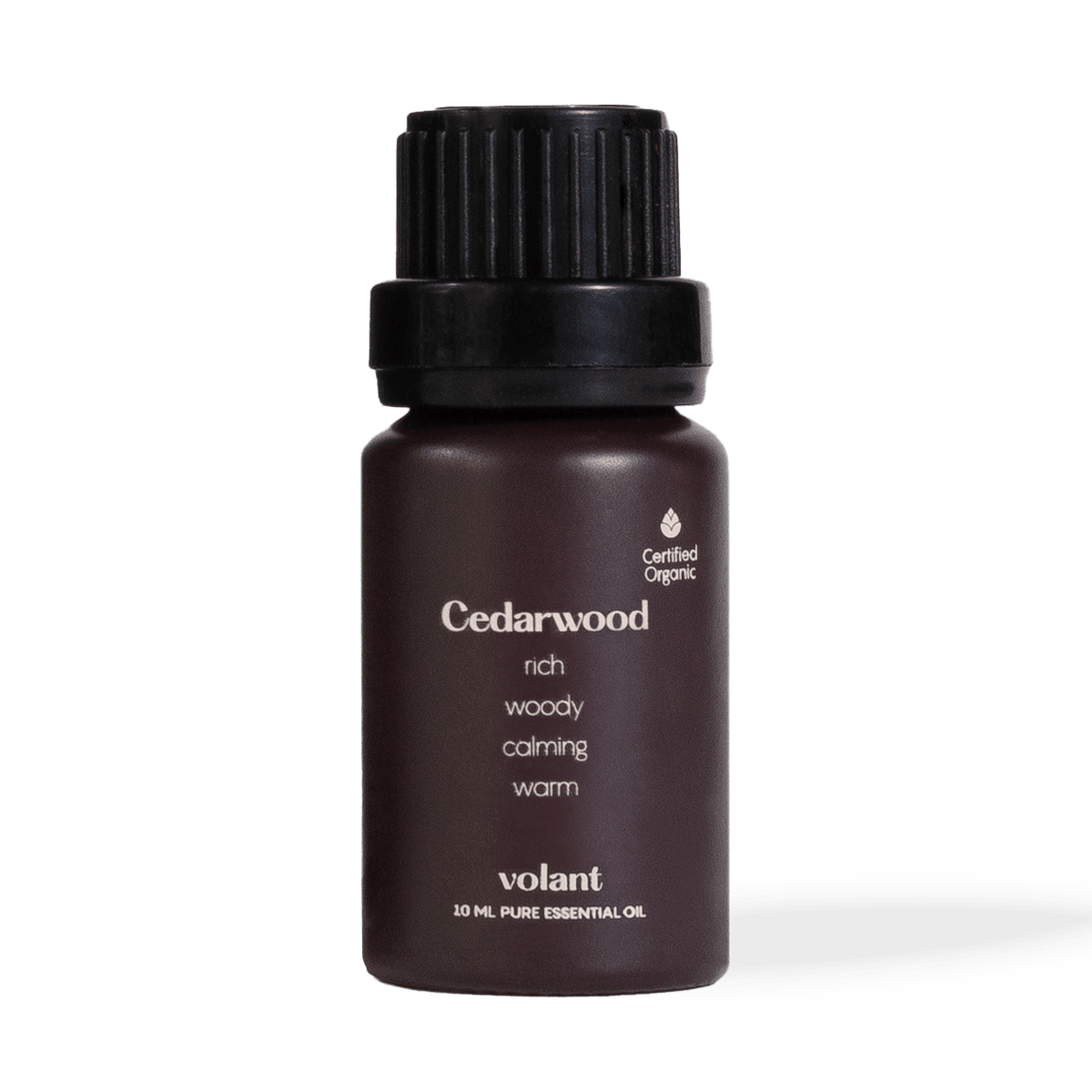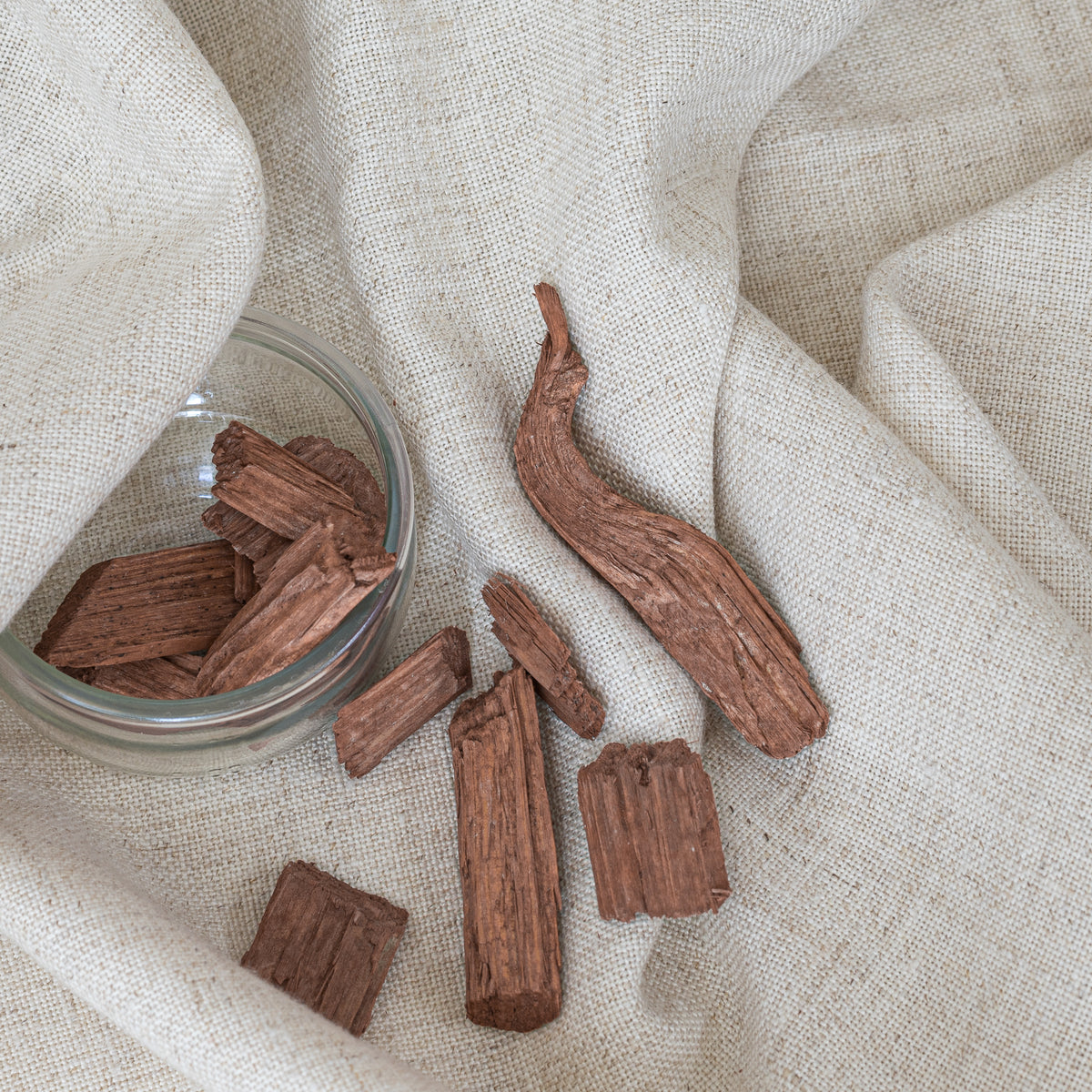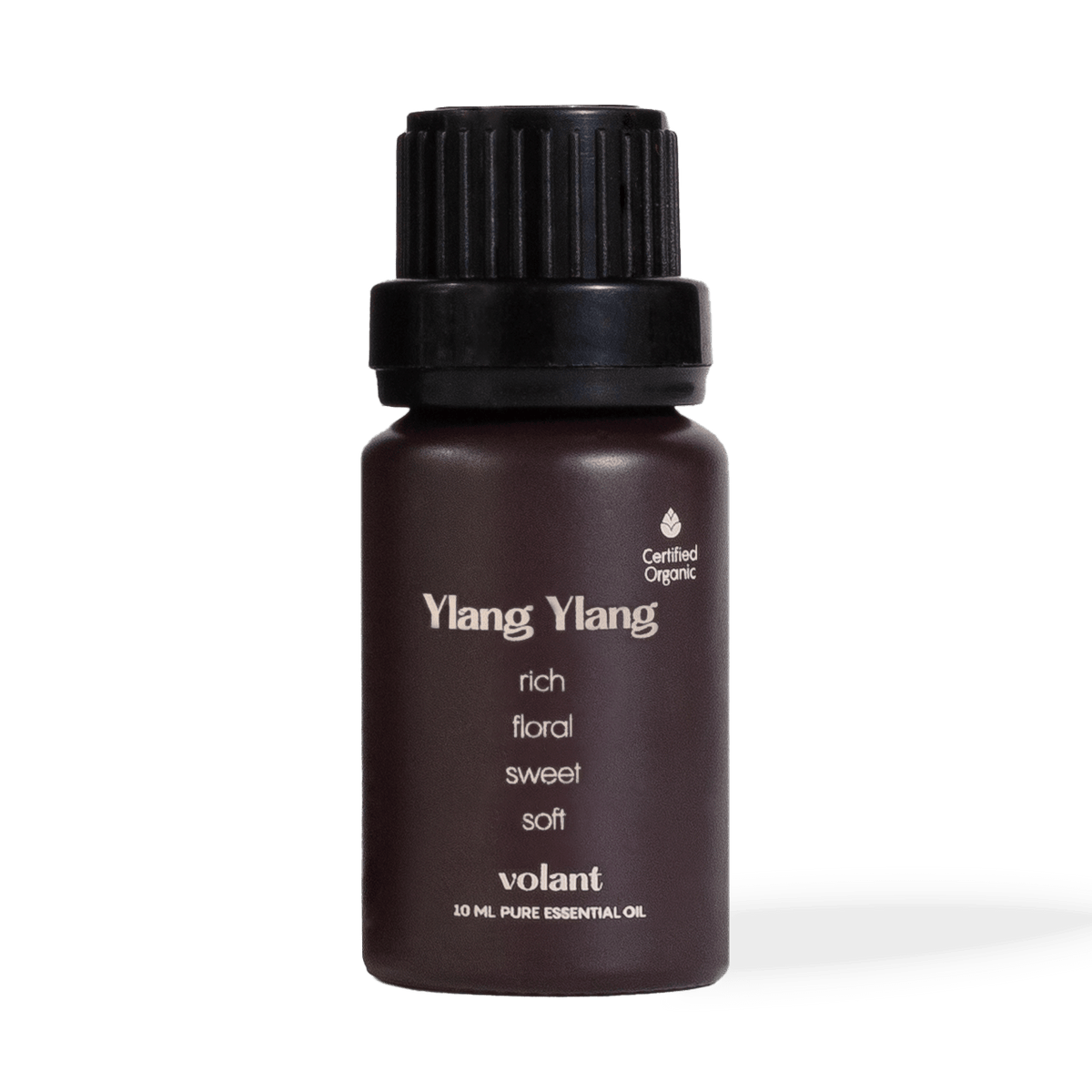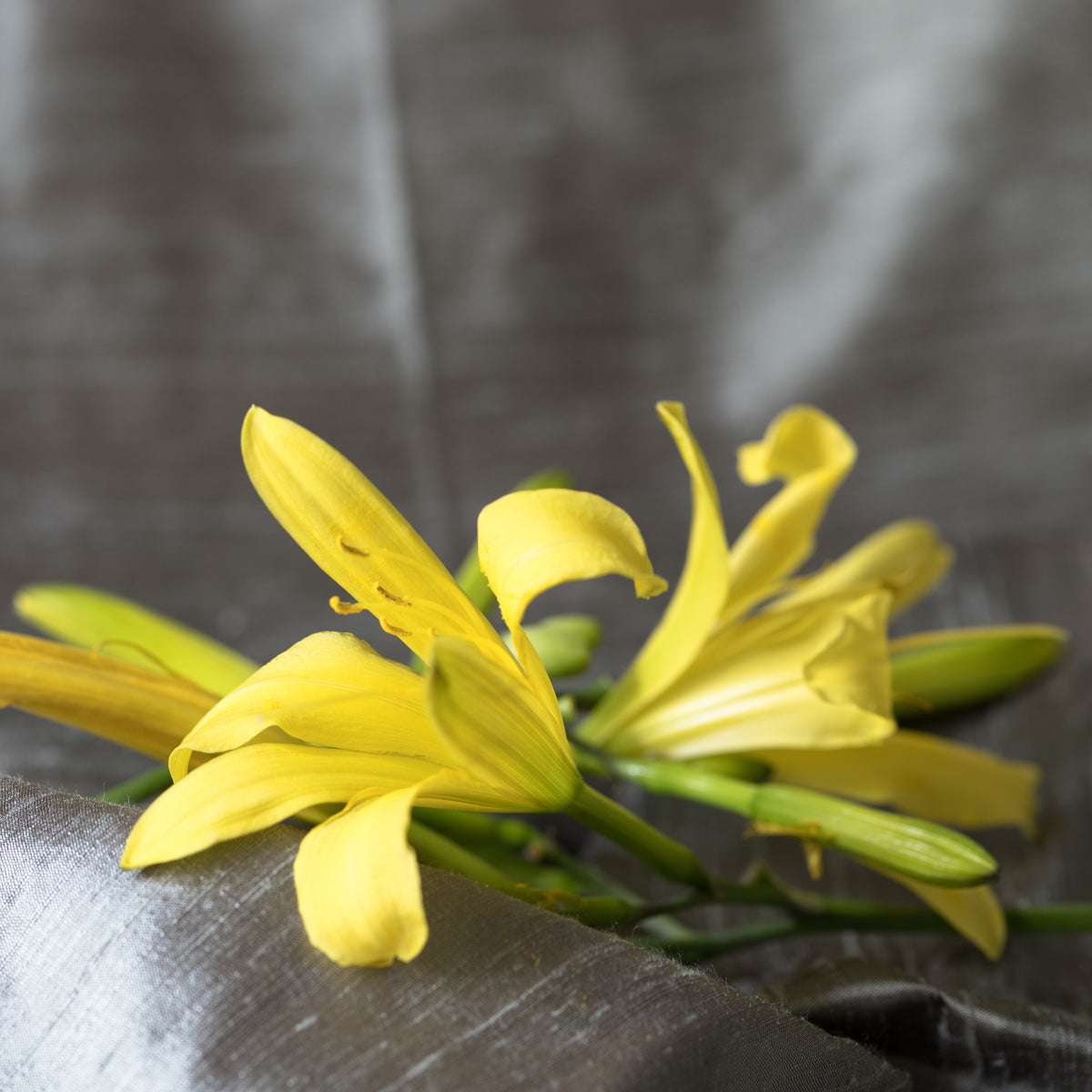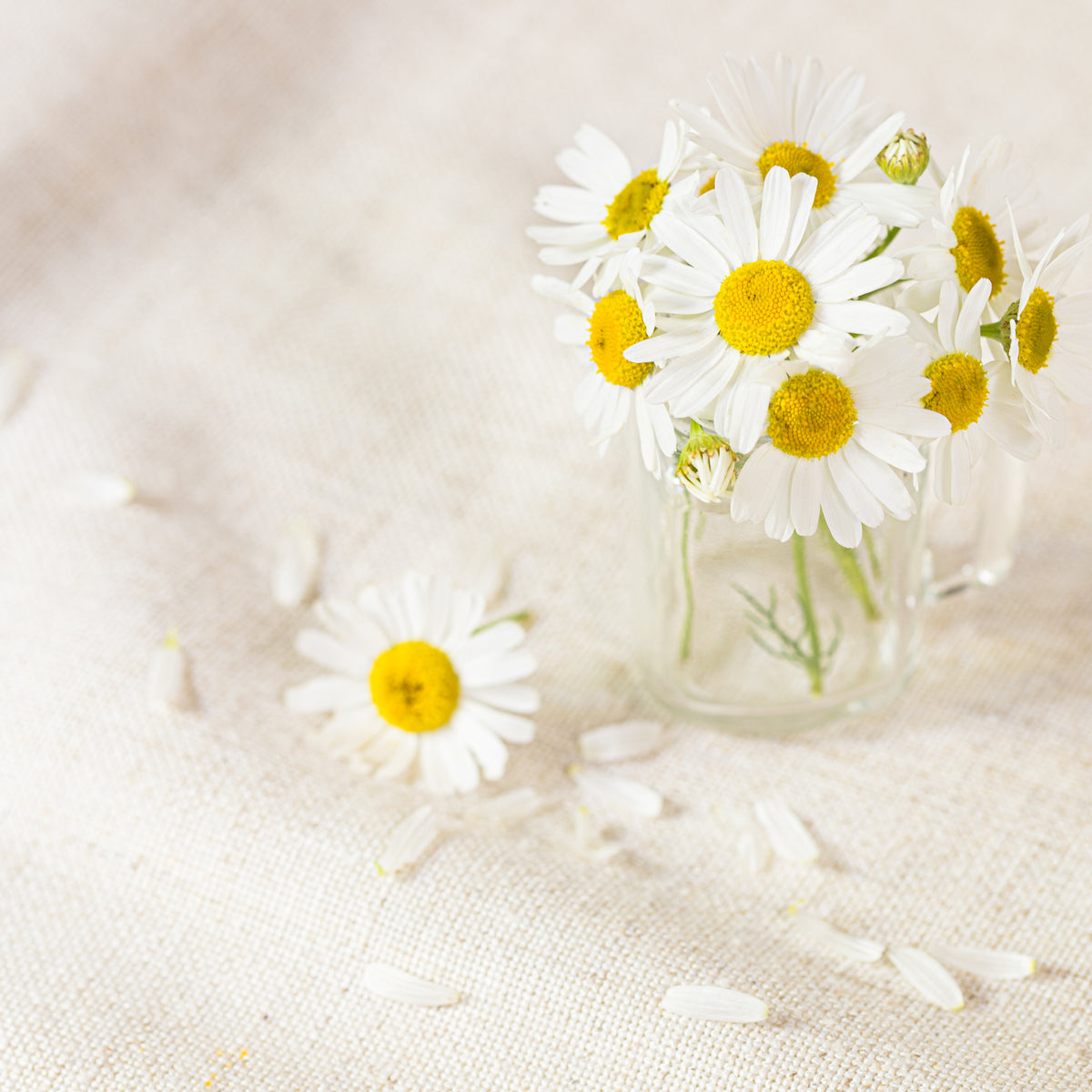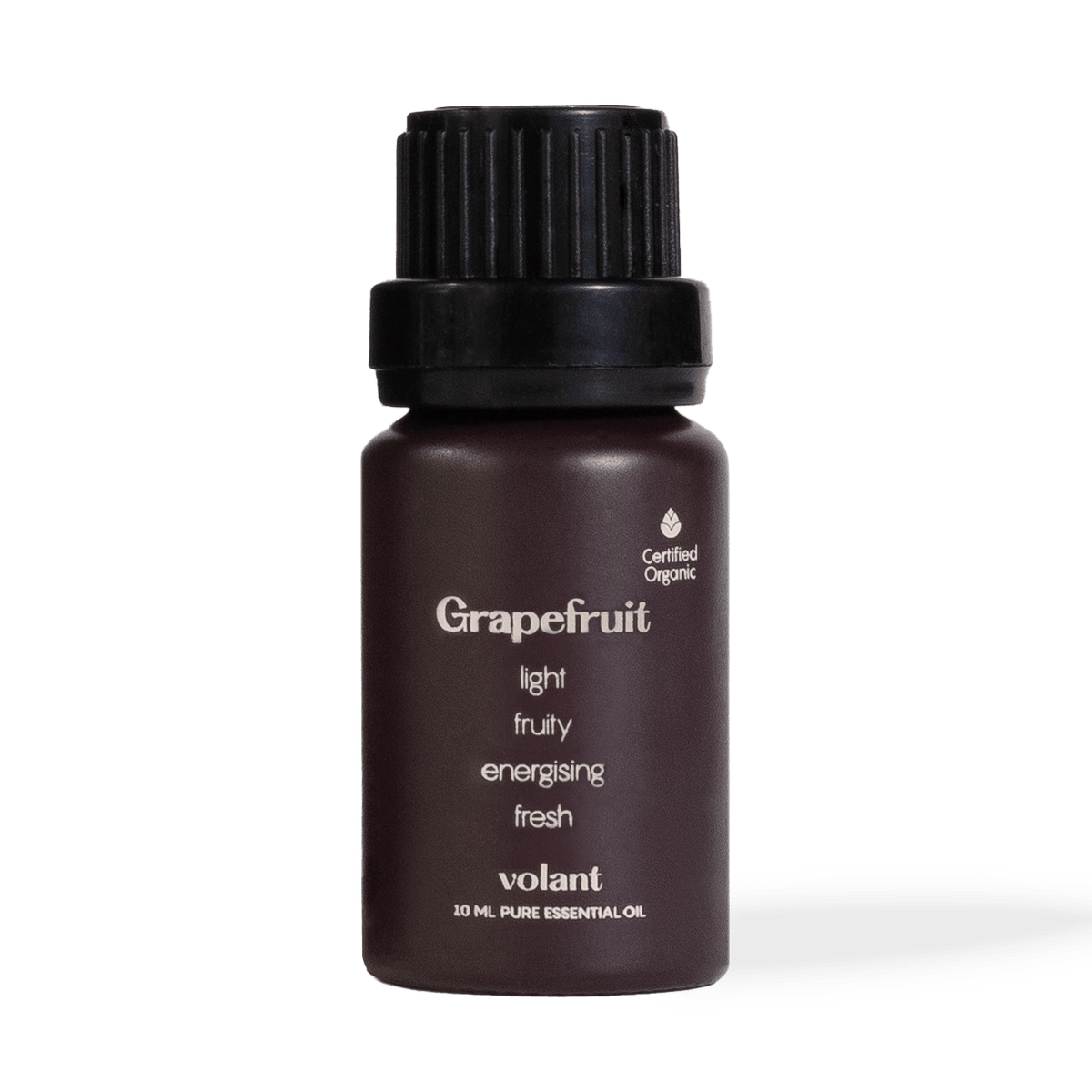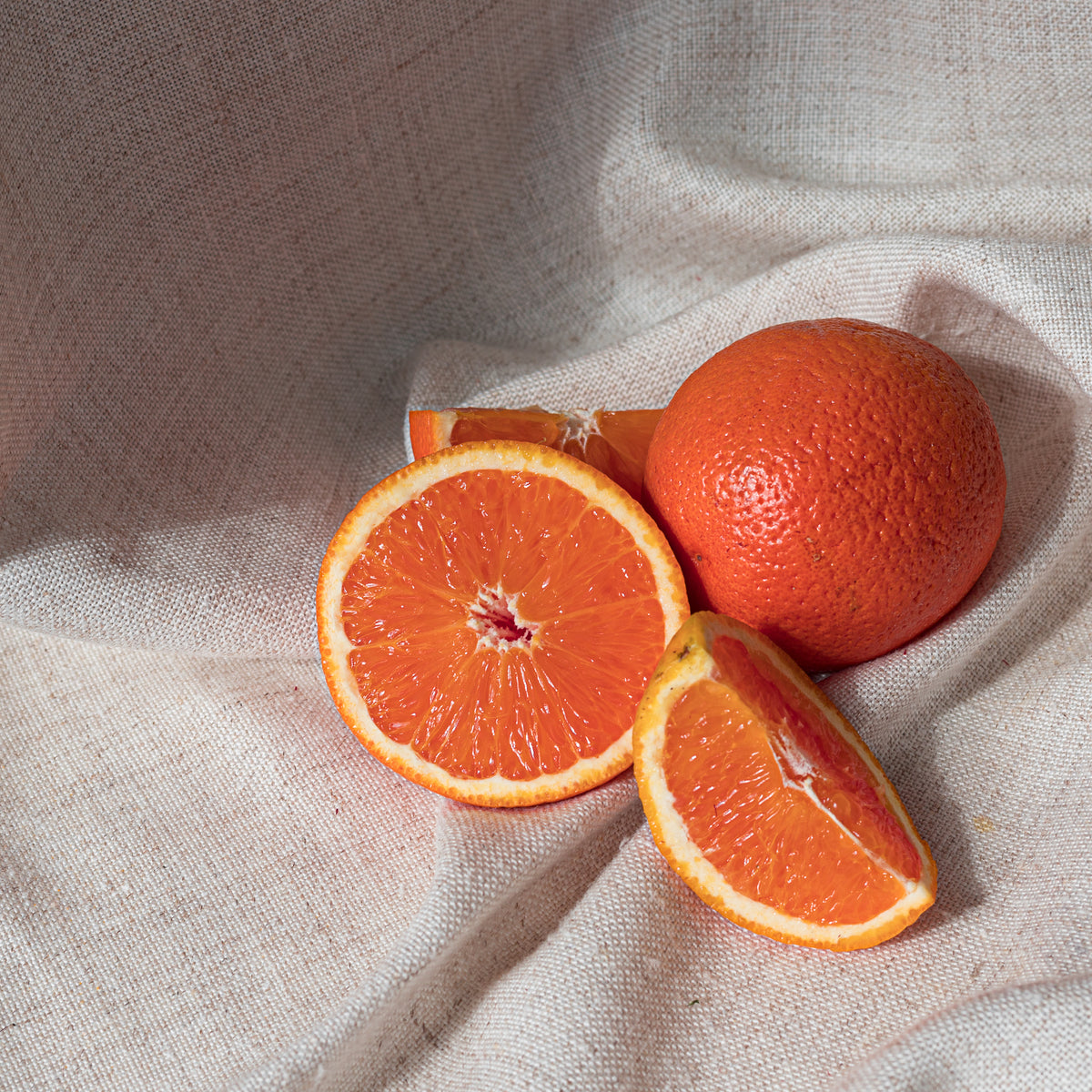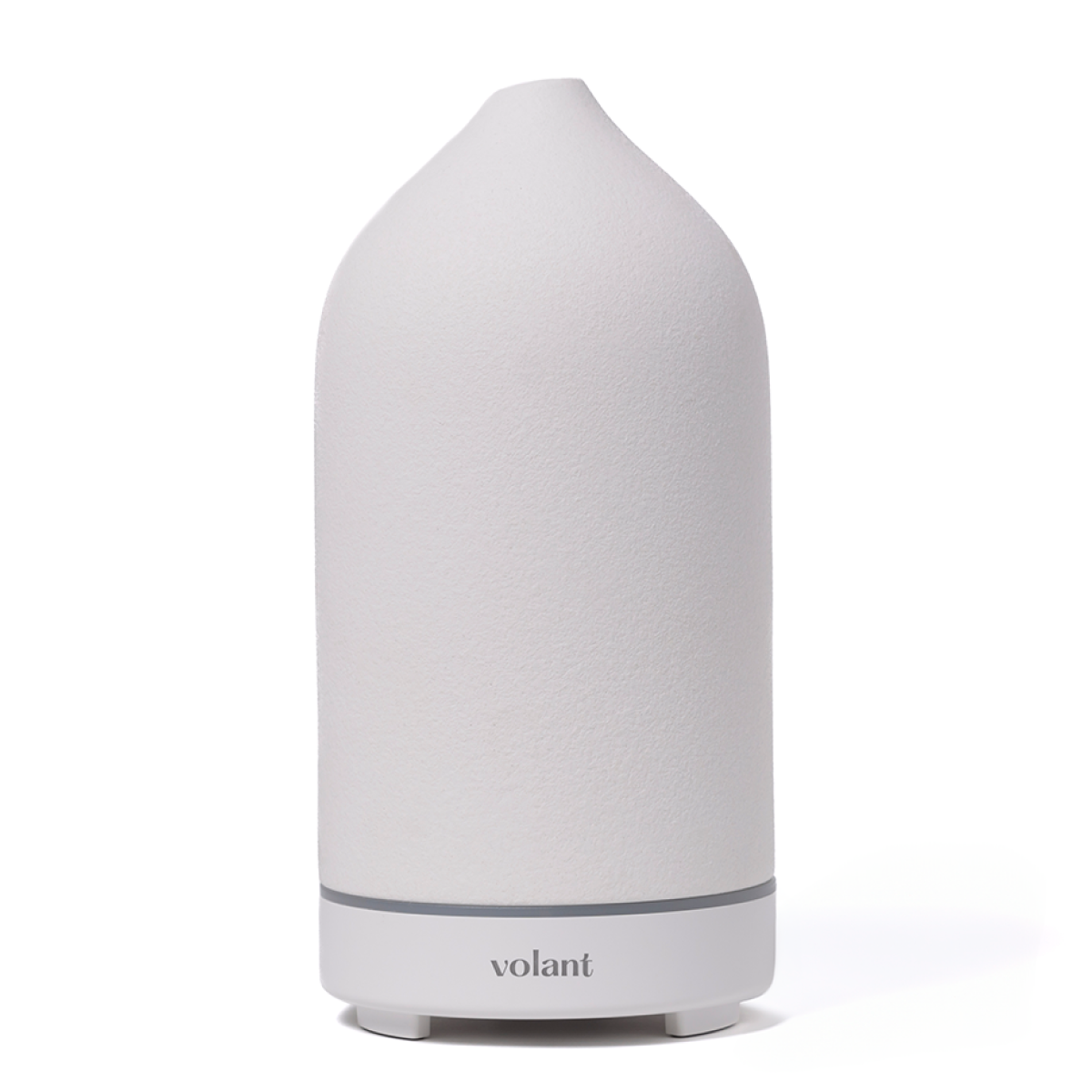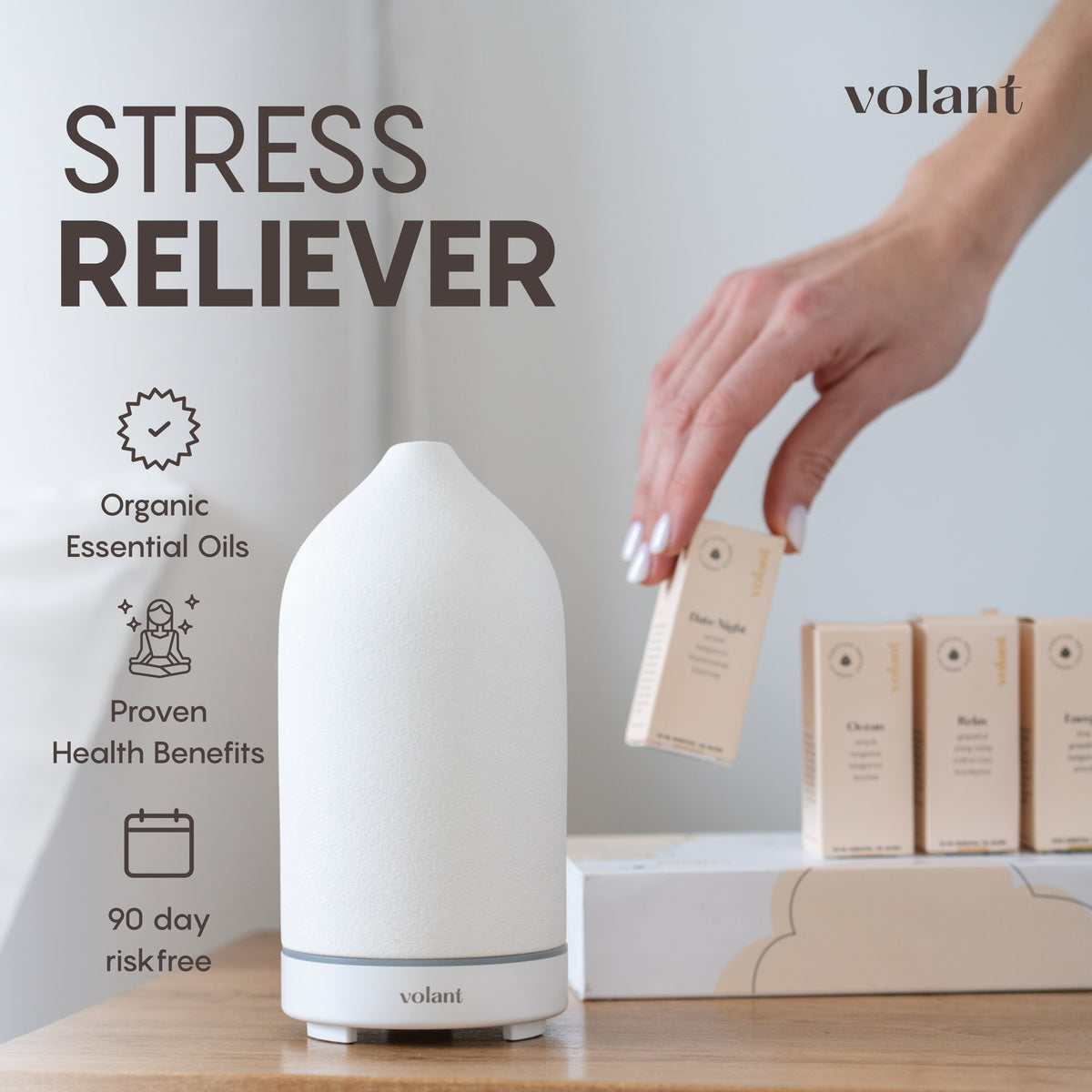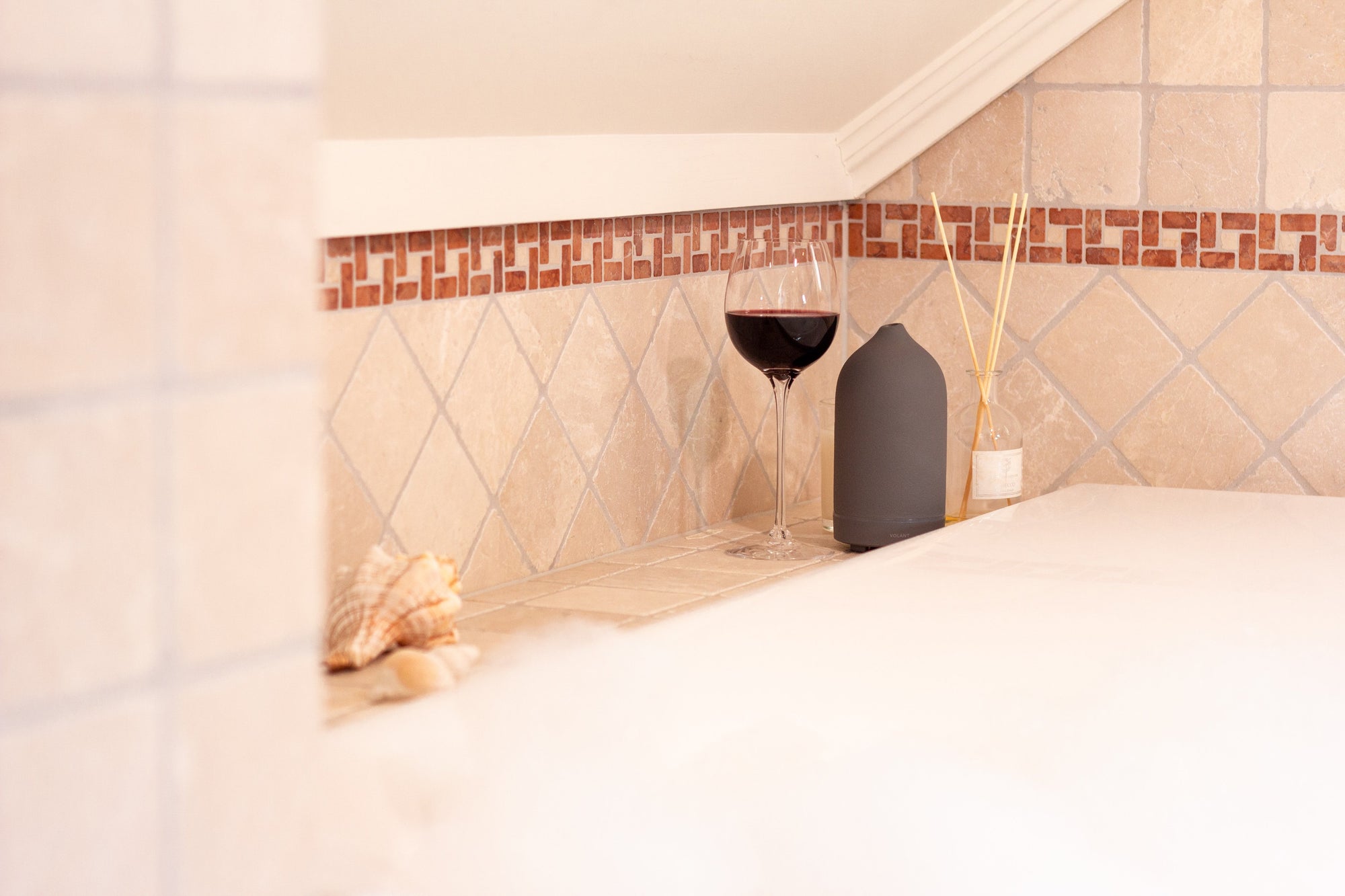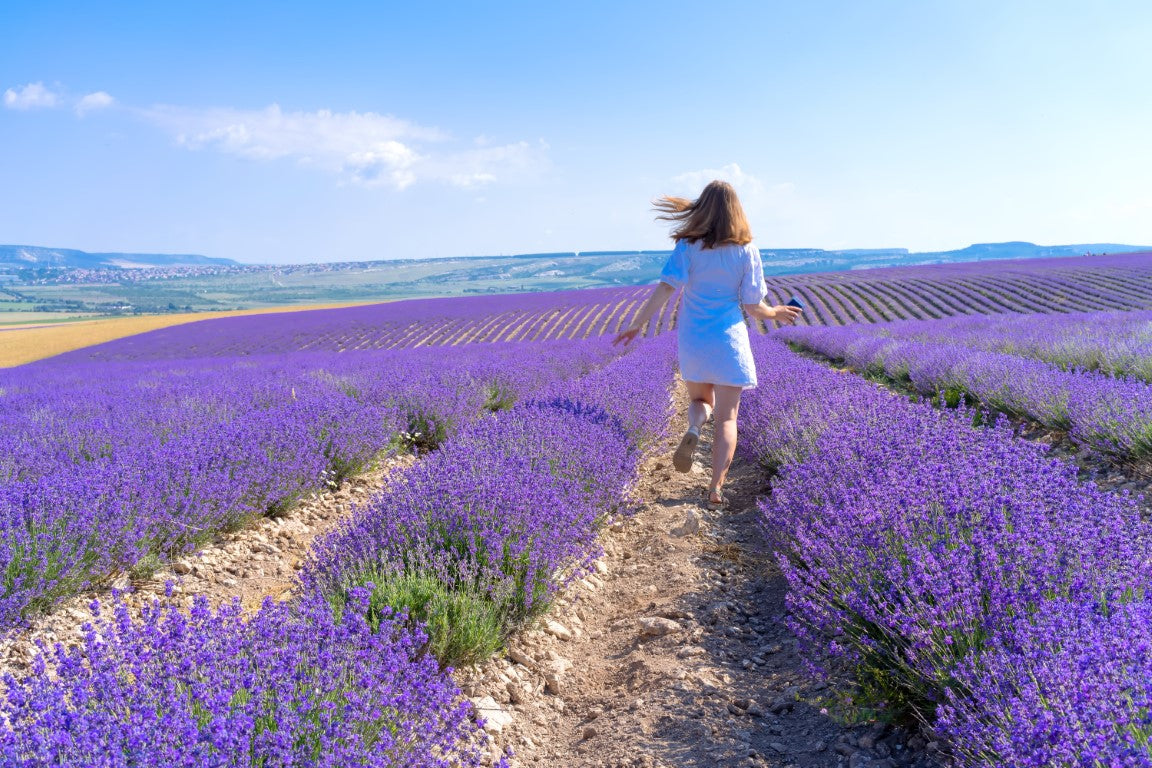What are essential oils? What are essential oils used for? What essential oils are good for what purposes? What are the best essential oils? If you’re looking for the answers to these and want to dig a little deeper into the topic, this guide is for you. From their history to how they’re made to their uses and the modern scientific research backing them up, it’s all here.
What are essential oils?

In a nutshell, essential oils capture a plant’s essence—their scent, flavor and organic properties that make them unique. Aromatic plants are abundant in volatile organic compounds, meaning they evaporate very easily. These VOCs are generally either terpenes or phenylpropanoids such as alcohols, alcohols, ethers, oxides, aldehydes, ketones, esters, amines, amides, phenols and heterocycles. These “oils” are not conventional oils in the sense that they don’t contain fatty acids, although they do blend well with oils and not with water.
These compounds serve to protect the plant from insects, to ward off disease, to help heal the plant, to compete for growing space and to attract pollinators. Luckily, they do similar things for us!
These oils play an integral role in aromatherapy, a holistic treatment that focuses on using natural plant extracts to enhance and promote your health and well-being. Today, there are well over 100 essential oils available, each one capturing a different plant’s essence.
A short history of essential oils

Now that you know what essential oils are, it’s time to learn more about their use historically.
Essential oils have been used by humans for thousands of years now. We can trace them back to Ancient African, Chinese and Indian cultures, but it’s widely believed that Ancient Egypt is their true birthplace.
As good as they smell, essential oils have never been used primarily for their aromatic benefits. We’ve long relied on them as a form of medicinal treatment, and they’ve played an important role in embalming processes too. It’s been widely posited that the use of essential oils goes as far back as 3500 BC but there are some modern oils that have only been used for the last 20 to 40 years.
How are essential oils made?

Essential oils are plant extracts created by pressing or steaming the parts of the plant in question that contain the desired compounds. Depending on the plant or the medicinal purpose, these elements may include the roots, bark, leaves, stems, flowers and/or fruit.
Water and steam distillation can both be used to extract essential oils. However, nowadays, steam is by far the most popular method to extract and isolate essential oils from plants. Steam distillation works by vaporizing the plant materials’ most volatile compounds. The resulting substance then goes through a condensation process, followed by separation and collection.
Cold pressing is used for essential oils derived from citrus fruit. These oils are generally found in the rind, and the oils are sensitive to heat. So the rinds are pressed to burst the oil sacs and release the oil, keeping the temperature low to maintain the integrity of the oils.
After that, the oil is bottled and ready for sale. Keep in mind that during this process, any pesticides present on or in the plant could end up in the final product since pesticides are oil based so as to not get washed off in the rain. That’s why it’s best to use organic essential oils whenever possible—your health is worth it!
Read our article on how our essential oils are made for more details on these processes.
The benefits of essential oils
As fragrant as essential oils are, they also offer many other advantages for our overall health. The list of what essential oils are good for is a long one.
The benefits you can enjoy will vary from oil to oil. That’s why it's a great idea to do some research to better pinpoint which essential oils will do you the most good.
These oils hold an esteemed place in folk and traditional medicine the world over, and modern Western medicine is starting to take notice too. Using essential oils can help you with:
Immune boosting and illness support

Eucalyptus essential oil, along with lavender, lemon, peppermint and rosemary are immune-boosting, antiviral and/or antibacterial. This means that not only can they strengthen your immune system so that you don’t fall ill that easily, but they can also help you recover faster if you do end up getting sick.
Fungal infections

Tea tree essential oil has yielded very promising results due to its antimicrobial qualities. This makes it an excellent choice for treating athlete’s foot, nail fungus, cuts and oral thrush and promoting a healthy scalp, to name a few.
Mood boosting

Whether you’re battling depression, anxiety, burnout, stress or just feeling blue, there are essential oils that may be able to help. Frankincense essential oil, bergamot, lemon, grapefruit, rosemary and sweet orange are the best essential oils when you need your spirits lifted a little.
Sleeplessness

The relaxing scents of cedarwood essential oil, chamomile, lavender, peppermint and ylang ylang have helped many people get a better night’s sleep. The sedative qualities of these particular plants promote a feeling of calm, and some of them even affect your sleep-inducing hormones, both of which can enhance your sleep.
Stress reduction

A great many of the essential oils that aromatherapists rely on can do wonders for you if you suffer from anxiety and stress. Lavender essential oil, along with bergamot, lemon, Roman chamomile and sweet orange are a good choice for reducing anxiety and stress and helping you relax and feel better.
Hormone balancing

There are certain essential oils that can help balance hormones like cortisol, melatonin, estrogen, progesterone, testosterone and thyroid hormones. This means that using them may be able to help you improve conditions like depression, insomnia, infertility, menopause, polycystic ovary syndrome, premenstrual syndrome and androgenetic alopecia. The best essential oils for hormone balancing are bergamot, grapefruit, geranium, lavender and rosemary. Ylang ylang essential oil is also very beneficial.
Natural cleaning

Since most essential oils are also fantastic natural antimicrobials, and they smell great to boot, switching to essential-oil based cleaning products will not only make your home smell fresh and clean naturally, but it will also give you the peace of mind that you’re using non-toxic, healthy methods to keep your home clean for your family. The top essential oils for cleaning include lemongrass essential oil, eucalyptus, tea tree oil, lavender, lemon and orange.
What essential oils are good for includes so many conditions that it’s impossible to list them fully in a single article! But our site contains a wealth of information as well as a complete guide for each of our essential oils.
How to use essential oils
The most common way to benefit from the healing properties of essential oils is to inhale them. We do this both for their gorgeous scents and to take advantage of the therapeutic properties they offer.
Inhaling these oils can stimulate our limbic systems. This is the part of the brain that plays an important role in our sense of smell, behaviors, emotions and the creation of long-term memories. If you’ve ever had a smell trigger a memory or emotion, you’ve experienced the limbic system in action.
Essential oils can also be used topically with care when diluted with a carrier oil. The active compounds in the oils act locally on the cells around the area of application, and they are also absorbed into the bloodstream where they can travel throughout the body exerting beneficial effects. The bonus of topical application is that we generally also get to inhale them in the process, depending on where they are applied.
You can use one, or all, of the following methods when you start using essential oils:
A diffuser

Diffusers are designed to disperse essential oils into the air around you. Depending on which type of diffuser you use, you’ll need to fill the container with water (preferably distilled) to the fill line and then add 10-15 drops of your chosen oil (depending on the size of the water container). Put the lid and cover back on the diffuser and then set the timer to disperse your oils continuously or at preselected intervals. The diffuser will then generally shut down automatically when it’s empty.
This method is ideal for when you want to set the mood in your space, if you have company coming, to help purify the air or if you just want a certain aroma in your home.
Direct inhalation

Open your essential oil and inhale deeply a few times, or pour 1 drop into your palm and rub your hands together, then cup them over your nose and mouth and inhale deeply. Alternatively, you can moisten a cotton ball or napkin with 2-3 drops of oil and inhale.
This method is ideal when you want a quick, potent effect and you’re on the go, at work or at school. You can keep the bottle in your purse for times such as these.
The steam method

Fill a bowl with hot water, place it on a table and add a few drops of essential oil. Place a towel over your head as you lean over the bowl so that it covers both, close your eyes and inhale the steam.
When you’re suffering from allergies, a respiratory tract infection, a migraine or facial acne or a rash, these are ideal times to benefit from this method at home.
Topical application

If you want to use essential oils on your skin, you’ll need to dilute them with a carrier oil first. Essential oils on their own are too strong to use directly on your skin and they can cause irritation if used this way. Be sure to dilute them properly first and perform a patch test before using them more liberally to ensure you have no adverse reaction.
Once diluted and your patch test is complete, you can apply your dilution directly to the areas of your body you’re wanting to treat. Always err on the side of caution and start with a low dilution, working up to a stronger concentration if you find your body can handle it. Just remember, a little goes a long way, and more is not always better!
Aromatherapy massage

Use your essential oil/carrier oil mix to massage the body, focusing on the areas you’re having trouble with or those recommended for the oil in question. You can do this yourself, have your partner help you with this or have one done professionally.
Either way, you’ll benefit from both the physical benefits of the massage and the essential oil as well as from the mental benefit of both.
Aromatherapy bath or foot bath

Adding essential oils to your bath or foot bath can make for a relaxing spa-like treatment at home. Use it to help with injuries, illnesses or just to unwind and relax. Even though the essential oils are being added to water in this case, it’s still best to mix them with a carrier oil first because oil and water don’t mix. This will help them disperse evenly throughout the water, reducing the risk of irritation.
Again, you’ll benefit from the physical benefits of the oils, heat and water as well as from the aromatherapeutic benefits as you inhale the wonderful aroma.
Research on essential oils

It’s safe to say that there is renewed interest in the use of essential oils to improve our physical and psychological well-being. More people are becoming aware of the link between our physical, emotional and mental states and approaching treatment options more holistically. The emergence of drug-resistant microbes has also pushed the industry to look for alternatives in this area.
Science is beginning to back up what’s long been believed about essential oils, with study after study revealing that many long-standing beliefs about what essential oils can do for us are rooted in fact.
These are just a few of the studies which show that these oils can be incredibly beneficial:
Lavender’s ability to improve sleep
This study confirmed that, while the effects of essential oils are no panacea, they can be very significant. Those using these oils are urged to view them as self-care enhancers, and research has revealed that the use of lavender can lead to better, more restful sleep in both men and women. And lavender can do so much more!
Tea tree’s efficacy when dealing with acne
Tea tree oil is frequently used in cosmetic products due to its anti-inflammatory and anti-microbial properties. It’s also proven to be an effective treatment for mild to moderate acne.
Reviews have found that tea tree oil performed better than placebos and just as well as benzoyl peroxide for treating pimples. Tea tree oil’s uses certainly don’t stop there!
Rosemary’s effect on memory and cognition
The rich, woody aroma of rosemary is not just a boon in the kitchen when it comes to sprucing up dishes like chicken, game, lamb, pork and steak. A 2012 controlled study of 20 people from Northumbria University also linked rosemary to an improvement in memory and cognition in older adults.
This lends credence to reports from everyday people that rosemary essential oil helps them focus, better remember information and understand new concepts more quickly. Rosemary is one of the hottest current trends, and for good reason!
Frankincense’s anti-inflammatory properties
Frankincense is not referred to as the King of Oils for nothing, as this 2016 study confirmed. It can help fight inflammation, improve your mood, help you feel grounded and help you to get better sleep. Other research has shown that it’s a helpful essential oil for asthmatics and it can be a helpful tool in gum disease prevention. This age-old oil is rich in benefits.
Peppermint oil’s pain-relieving properties
Interestingly, there is ample evidence that peppermint essential oil has been used for hundreds of years to treat gastrointestinal issues. And now there is concrete evidence to back up the belief that peppermint oil helps with these kinds of issues. More modern research has shown that it can help ease symptoms of irritable bowel syndrome, migraines and more.
Tips for choosing and using essential oils

It’s good to know that the testing and study of essential oils is starting to become a norm, something that scientists are undertaking and publishing the results on. Although it can’t yet be said that aromatherapy is a proven science, and while individual body chemistry likely plays a part, there is much research that attests to its efficacy when used responsibly.
One of the biggest myths about essential oils that needs to be dispelled is that they work by placebo. They're powerful natural products that can do great good in the right hands. Remember that many pharmaceuticals are modeled after natural compounds and then modified!
We recommend that everyone interested in the subject should consult the experts as much as possible in terms of what essential oils are used for. There is much information available online, many books have been published on the subject, and you can even take courses on the subject if you wish to.
The essential oils that you choose will depend on what outcome you’re looking for. Once you’ve identified issues or areas in your life that you could do with some help in, research the oils recommended for this purpose and make your choices accordingly.
Why you need to use high quality essential oils

The only way to get predictable results when you start using aromatherapy is to use pure essential oils of the highest possible quality. Cheap, inferior products are simply not worth the time or money you’ll spend on them because you never know what you’re going to get.
Going the cheaper route may save you money, but you won’t get many of the benefits essential oils have to offer, and you could suffer from some serious side effects.
Unscrupulous vendors may add synthetic chemicals to their products or they may sell oils that are completely artificial. Adding cheap synthetics or artificial scents to essential oils can reduce costs and improve profits - but they won’t do you any good.
Even if you’re not allergic to adulterated or synthetic oils, it’s still dishonest and unethical to sell items under this kind of pretense. After all, you’ll be paying for something and receiving something altogether different.
Other lower quality oils might not be grown in their ideal environments, which can impact their therapeutic composition, or they may be grown inorganically, putting you at risk of inhaling or absorbing pesticides while using them!
You can trust Volant to only sell 100% pure, organic, natural essential oils with no additives, and the plants our oils are derived from have been grown in ideal environments to yield the richest results. All our essential oils and oil blends are certified organic for complete peace of mind.
Essential oil FAQs
What are essential oils?
Essential oils are the concentrated extracts of certain aromatic plants. They are widely used in alternative, natural health practices.
What are essential oils used for?
You can use essential oils to give you energy or help you relax, relieve cramping, heal skin conditions, boost hair health, improve your respiratory health, fight off germs and treat pain, just to name a few benefits.
What are the best essential oils?
The best essential oil will be the one that treats the issue you’re concerned about. Popular oils, however, include frankincense, lavender, lemon and peppermint.
How should I use essential oils?
You can put them in a diffuser, apply them topically, use them as part of an aromatherapy massage, make a room spritzer or add them to your bath.
Are essential oils safe?
Yes, they are generally totally safe when used responsibly and treated with respect, although essential oils should be used with caution around pregnant or breastfeeding women, infants and children. You should also check that the oils you use are safe for use around your pets.
The takeaway

Now you can answer the questions of what are essential oils and what are essential oils used for. They are the liquid extracts of plants that have a range of benefits for humans. They are becoming much more widely used and can positively affect us mentally, emotionally and physically. Scientific data is available that proves their efficacy, and an increasing number of studies focus on their wonderful properties.
Essential oils offer many different advantages. They can relax you, improve your mood, help you to sleep better, reduce pain and inflammation and help with your skin issues. All in all, they’re the ideal natural way to enhance your well-being and increase your health and happiness.



